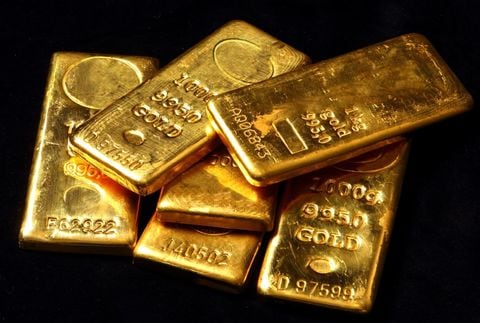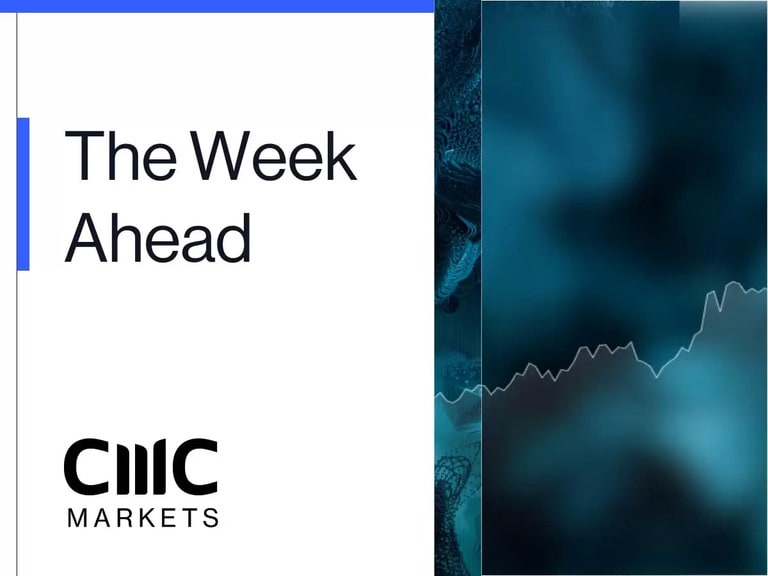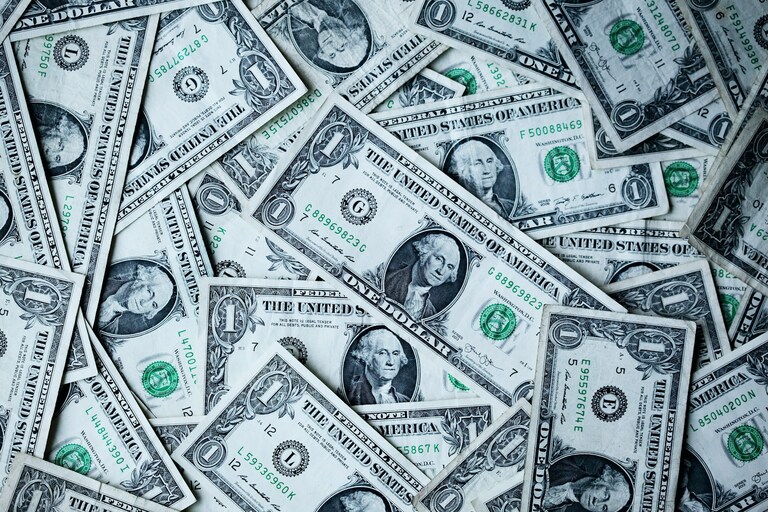European markets have continued to look soft, finishing a negative week very much on the back foot with the DAX sliding below its October lows to its lowest levels since March, as concerns grow that the war between Israel and Hamas morphs into a wider conflict.
Europe
The FTSE100 has had an abysmal last 3 days seeing a peak to trough move of over 275 points from this week’s highs, or a decline of over 3%, and is closing in on its October lows below 7,400. The FTSE250 has fared little better sliding to one-year lows.
Reports of attacks on US bases in Iraq and Syria overnight increased concerns that the US could get drawn into the conflict more than it already is, if it strikes back at those who are attacking Israel, or more crucially hits back at those who are attacking its own assets.
Today’s declines have been broad based and sector wide with tech and basic resources acting as the main drags, while haven plays like gold, and the Swiss franc have continued to make gains.
Holiday Inn owner IHGshares have slipped lower after reporting Q3 numbers that showed strong growth across all of its regions.
Of the highlights RevPAR rose by 10.5%, beating consensus forecasts with the biggest gains coming in the Greater China region at 43.2%, however these gains also need to be set in the context of China still being in various states of lockdown 12 months ago.
The Americas saw growth of 4.1% pointing to the continued resilience of the US market which saw gains of 3.1%, while EMEAA rose 15.9%.
Occupancy rates are a little on the low side, down in the low 70 percentile for the Americas and EMEAA, which is a little worrying while in greater China it was 67%.
This may help to explain why the shares are trending lower today, raising the question as to why IHG feels the need to add extra capacity of 8,000 rooms across 50 hotels, when they can’t get occupancy rates closer to 80%, and when they are still below the level they were in 2019.
Why spend money on extra capacity when you can’t fill existing capacity, surely the money can be better used to upgrade and refresh some of the real estate you already have.
Consumer discretionary is feeling the effects of this morning’s ugly retail sales and consumer confidence numbers, led by JD Sports, Marks & Spencer, and B&M European Retail, while the rise in the oil price is dragging on airlines, led by IAG, easyJet and Ryanair.
Vodafone shares initially edged higher on reports RRJ are considering a €5bn bid for the telecom company’s Spanish unit, however the gains disappeared as quickly as they appeared, as it became clear that any decision hadn’t been finalised.
US
US markets opened lower taking their lead from another weaker European session which have come under further pressure as a result of those reports of drone strikes on US bases elsewhere in the Middle East, as well as a US warship intercepting rockets fired from Yemen by Iranian Houthi rebels aimed at Southern Israel.
With noises around a Gaza land operation increasing in volume, oil prices along with gold prices have continued to edge upwards weighing on risk sentiment more broadly.
On the earnings from American Express latest Q3 numbers have seen revenues come in at $15.38bn, while profits rose to $3.30c a share. The bank raised its provision for credit losses to $1.23bn, but also projected a positive outlook, forecasting a 10% rise in 2024 revenue growth, pushing the shares higher in early trade.
We’ve seen the equivalent of a mass coronal ejection on solar stocks today after SolarEdge Technologies reported a big miss on Q3 sales, citing mass cancellations and delays from European distributors. Enphase Energy, First Solar, Sunrun, SunPower all seeing big falls.
Tesla shares are also lower, dropping on reports that its issuing recall notices on cars related to a brake safety issue falling towards its 200-day SMA for the first time since May this year.
FX
The pound has come under pressure after September retail sales saw a sharp decline, of -0.9%, raising the spectre of a Q3 economic contraction, as consumers pared back on spending in the face of rising interest rates and still high levels of price inflation. This morning’ s Gfk consumer confidence numbers for October didn’t paint any sort of picture of an improvement, falling sharply to -30 as the lagging effect of higher mortgage rates, rising prices at the pump, as well as the horrific events in the Middle East hammered sentiment. The weakness of the numbers also raises the prospect that the UK economy could fall into recession by the end of the year.
Gold prices have continued their relentless move higher, with the $2,000 an ounce level coming closer into view as demand for the yellow metal remained strong at a time when seasonal demand tends to be high anyway. Q4 last year was a record quarter for gold demand and it looks like this year could see a similar trend.
The geopolitics around crude oil prices is continuing to exert upward pressure on prices as various third-party interventions attempt to draw the US into the conflict, with drone strikes on US assets in Iraq and Syria. Hezbollah has also said it is targeting Israeli sites with its own missile attacks, increasing the likelihood of retaliation into Lebanese territory.
Volatility
Nokia was a standout at the single stock level on Thursday in the wake of earnings news. Profits tumbled by 69%, there’s uncertainty over future growth and some 14,000 jobs are to be lost. The underlying stock had sold off by around 10% in the latter part of the session before staging a modest recovery into the close. One day vol stood at 132.38% against 45.25% for the month.
Comments from the Fed were closely followed yesterday, but Jerome Powell’s assessment was arguably far from conclusive. Ultimately this did end up weighing on equity market sentiment a little, but talk of having to work for lower economic growth could come back to haunt Wall Street. The main equity indices closed around 1% lower, with one day vol on the NASDAQ printing 26.18% against 19.01% for the month, whilst the S&P 500 came in at 21.13% on the day and 15.11% on the month.
A bigger than expected build in reserves along with what are seen as heightened de-escalation efforts in the Middle East crisis served to knock natural gas prices lower on Thursday. The contract returned to levels not seen in two weeks off the back of this news, some 13% down from recent highs. One day vol hit 59.6% against 48.27% on the month.






